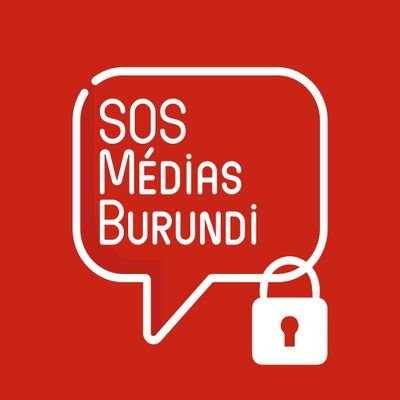Rwanda-DRC: the heads of the EAC armies to meet urgently
The meeting was decided on Tuesday, after a telephone interview by Burundian President Évariste Ndayishimiye with his counterparts in the sub-region, as current president of the community. INFO SOS Médias Burundi
It was the Burundian presidency which announced the meeting. A press release by Diomède Nzeyimana, spokesperson for President Neva, says that the heads of state of the East African community should also “meet in an extraordinary summit” after the urgent meeting of the heads of the armies of the countries of the sub-region.
The army chiefs will study the parameters of a “sustainable and concerted” response to the crisis prevailing in eastern Congo, according to the document.
The spokesperson did not want to specify the presidents who participated in the interview on Tuesday. He said the release is enough.
Last June, the EAC Heads of State put in place a framework to find a solution to the crisis: the Nairobi process. But the Congolese government has excluded from this process the armed group M23 du dialogue, a rebel movement that has continued to gain ground in the province of North Kivu for weeks.
The Nairobi talks will resume between November 21 and 27, according to a schedule agreed between the Congolese authorities and the office of the facilitator, former Kenyan President Uhuru Kenyata.
UN concerns
The UN is concerned about the resurgence of fighting between the armed forces of the Democratic Republic of Congo and the M23 rebels who have displaced some 50,000 people in the east of the country in eleven days.
According to the Office of the United Nations High Commissioner for Human Rights (OHCHR), “more than a dozen civilians were killed, at least 40 others injured and more than 90,000 displaced during the resumption of fighting”.
“The security situation in eastern Democratic Republic of Congo is rapidly deteriorating and threatens to trigger a human rights catastrophe,” the UN High Commissioner for Human Rights Volker Türk said in a statement, .
On Sunday, UN Secretary-General António Guterres had called for “immediate de-escalation”, after meeting with the presidents of Angola, the DRC, Rwanda, Kenya and Senegal, according to a press release from his spokesperson Stéphane Dujarric.
He also called on the M23 and other armed groups to “immediately cease hostilities and disarm unconditionally”.
For the UN, further fighting will only cause more pain and suffering for more people. “I therefore call for de-escalation and for all parties to unequivocally choose peace through dialogue,” Türk added.
The High Commissioner urges all parties to protect civilians in accordance with international human rights law and international humanitarian law. This includes facilitating unimpeded humanitarian access to the affected population and enabling civilians to safely exit areas affected by hostilities.
Upsurge in hate speech
Furthermore, the High Commissioner expressed concern about the upsurge in hate speech targeting people because of their ethnicity, as well as the increase in fake news, disinformation and negative rhetoric against Monusco (Mission of the United Nations organization in the Democratic Republic of Congo).
“The authorities must take all necessary measures to combat hate speech, by whomever it is addressed, and to protect journalists and other media workers, some of whom have said they have been threatened and harassed since the start of the latest series of hostilities with the aim of influencing their reporting,” insisted the UN human rights chief.
Journalists rescued
So far, at least 12 journalists have been exfiltrated by Monusco from the combat zones towards the capital of the province of North Kivu.
“A dozen other journalists need help to leave the combat zones in Rutshuru territory,” confirmed government spokesman Patrick Muyaya.

